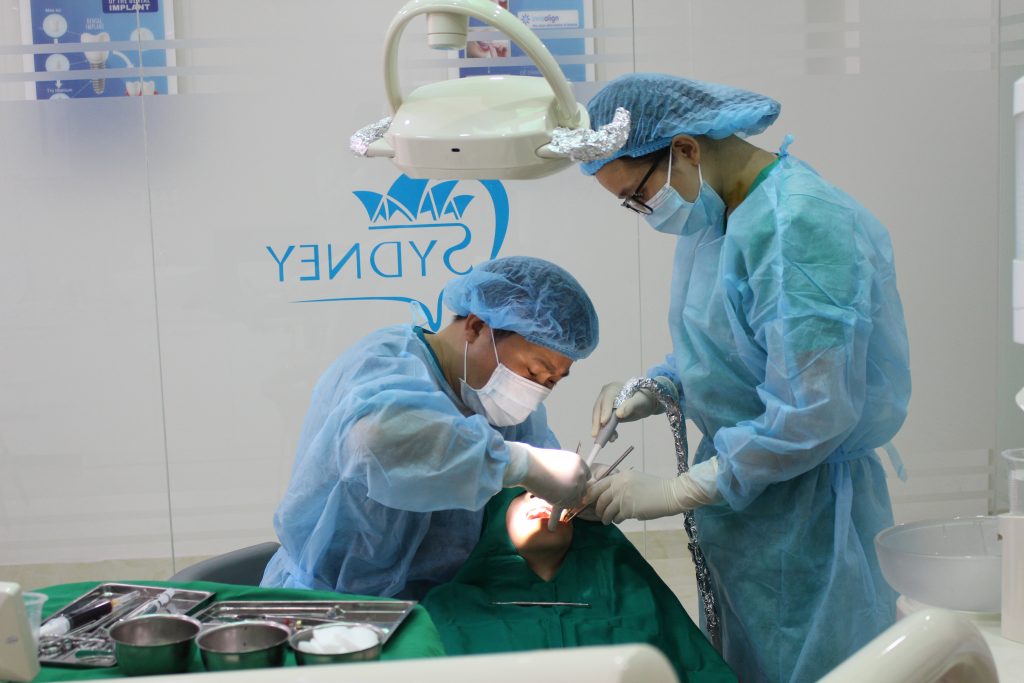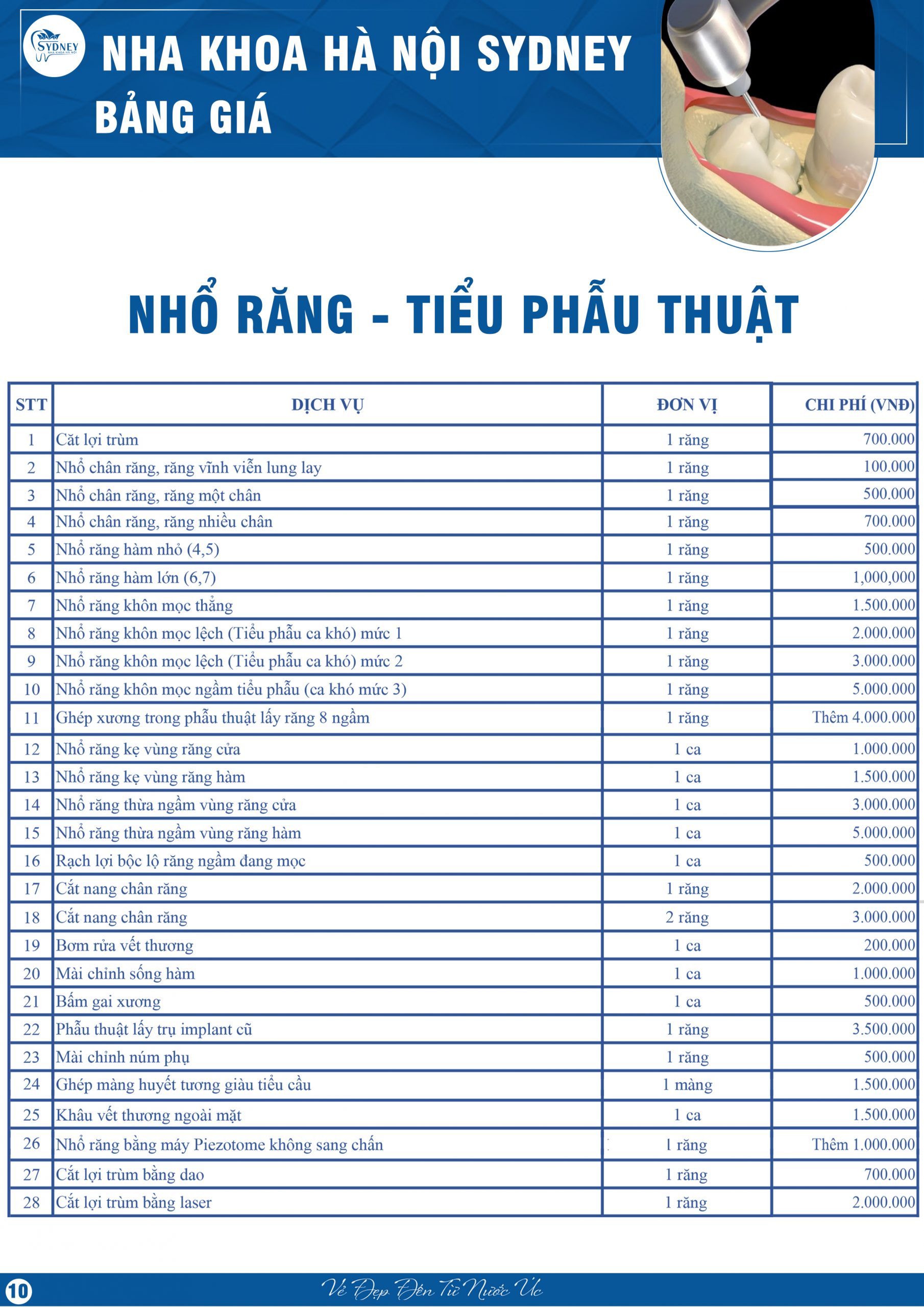What Are Wisdom Teeth?
An adult’s full set of teeth normally consists of 28 teeth. However, between the ages of 18 and 25, four additional molars may erupt—two in the upper jaw and two in the lower jaw. These are known as wisdom teeth.

Wisdom Teeth
Wisdom teeth are actually the last set of molars to erupt in the mouth. Because there is often not enough space for them to grow properly, they are prone to becoming impacted or erupting at an angle. Impacted or misaligned wisdom teeth not only cause pain and discomfort but can also lead to serious oral health issues, such as loosening adjacent teeth or shifting the entire dental arch. In fact, 80% of the function of wisdom teeth is considered unnecessary. Moreover, the eruption of wisdom teeth often leads to complications such as swelling, impaction, misalignment, or even growing sideways into the cheeks or neighboring teeth.
Why Should Wisdom Teeth Be Removed?
Aside from cases where wisdom teeth are trapped (unable to fully erupt), grow at an angle, or are impacted, extraction should also be considered if they cause pain, discomfort, difficulty chewing, or negatively affect daily life. Additionally, wisdom teeth are located at the farthest point of the dental arch, making them very difficult to clean. This often leads to bacterial accumulation, increasing the risk of cavities in the wisdom teeth themselves or in adjacent teeth. Therefore, extraction is often recommended to prevent infections and other oral diseases.
Wisdom Tooth Extraction and Nerve Safety
Wisdom tooth extraction is a minor surgical procedure, but it should only be performed at reputable dental clinics. Skilled dentists can carefully manage the entire process to avoid damaging surrounding nerves, minimize bleeding, prevent infections or hematoma formation, and prescribe safe pain relief medication.

Actual Images of Patients Undergoing Wisdom Tooth Treatment at Hanoi Sydney Dental Center

PRICE LIST FOR WISDOM TOOTH EXTRACTION (TOOTH NO. 8)



